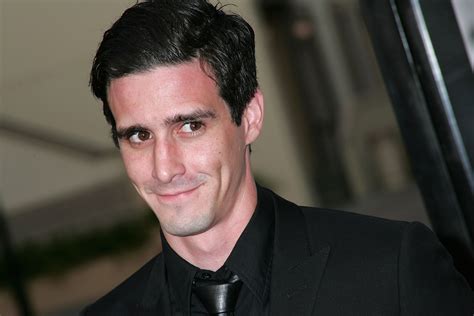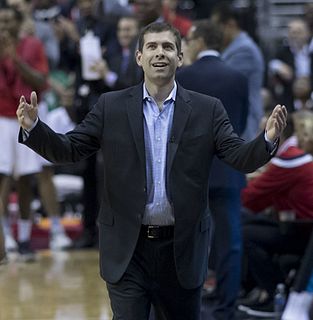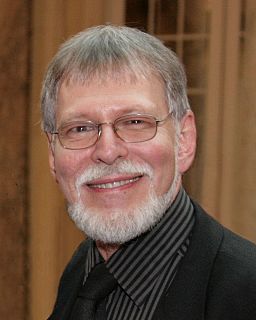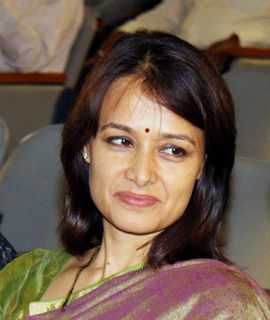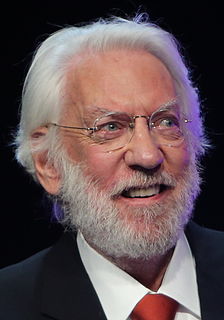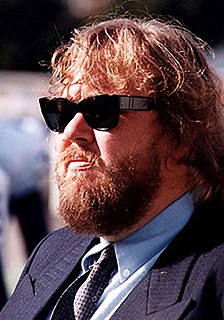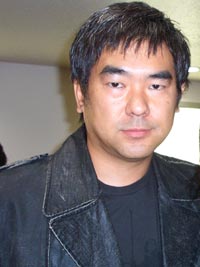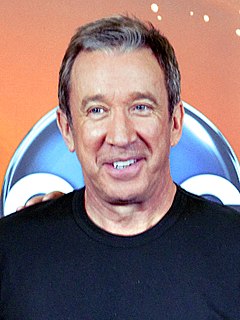A Quote by Ng Chin Han
After you shoot a day's work, you gotta see rushes, and then you have more meetings with the budgets, with your producers, with your designers. It's never-ending.
Related Quotes
You are in front of your brother, but your mind is on many other things, so you don’t really see your brother. Maybe he is having some trouble, but you don’t see it, not even when you share the same room. But mindfulness brings you there, to the present, and then you see. Train yourself all day long to bring your mind to your body and to be present with your food, your friends, your work, everything, because the more you concentrate, the deeper you will see.
It is the first day because it has never been before and the last day because it will never be again. Be alive, if you can, all through this day - today - of your life. What's to be done? What's to be done? Follow your feet. Put on the coffee. Start the orange juice, the bacon, the toast. Then go wake up your children and your spouse. Think about the work of your hands. Live in the needs of the day.
What's that Regina Spektor song? Museums are like mausoleums. Having your work in a museum is something we as artists aspire to, but I don't think that's something we need to worry about while we're alive. Typically your work will end up in a museum after you're dead. And maybe that's the function of a museum. It's an archive of your work after you're dead. But while we're alive, I like to see it in places where it's connected to day-to-day life and making a difference.
Somebody comes to your house. You know they're coming, so it's not a surprise. And they give you an envelope that has your scenes in it. And they sit in the car outside for a half an hour while you read your scenes, then they ring your doorbell and you give your scenes back. Then you shoot the movie a few weeks later or something. The next time you see your scenes is the night before you start shooting. I never read the script [Blue Jasmine], so I didn't really know what it was about.
When you shoot a film, when it was film, there used to be rushes and normally a director would look at them the next day. All directors look at the rushes, except for Fellini. I asked him why he didn't and said, "Because it interrupts my fantasy." What he was trying to say was that he had a three-dimensional, vibrant, living, volatile fantasy going on in his head, and when he looked at rushes, they were two-dimensional and they killed it.
I look at it this way: How much of the day are you awake? You think, "I've gotta get that dry cleaning, I gotta get this going, and this, and this, and this." And all of a sudden it's dinnertime. And then there's a moment of connection with your spouse or your friends. Then you read and go to bed. Wake up and then it's the same all over. You're not awake, you're not living, you're not experiencing. We start early medicating ourselves. We start kids early, on TV and video games and so on.




